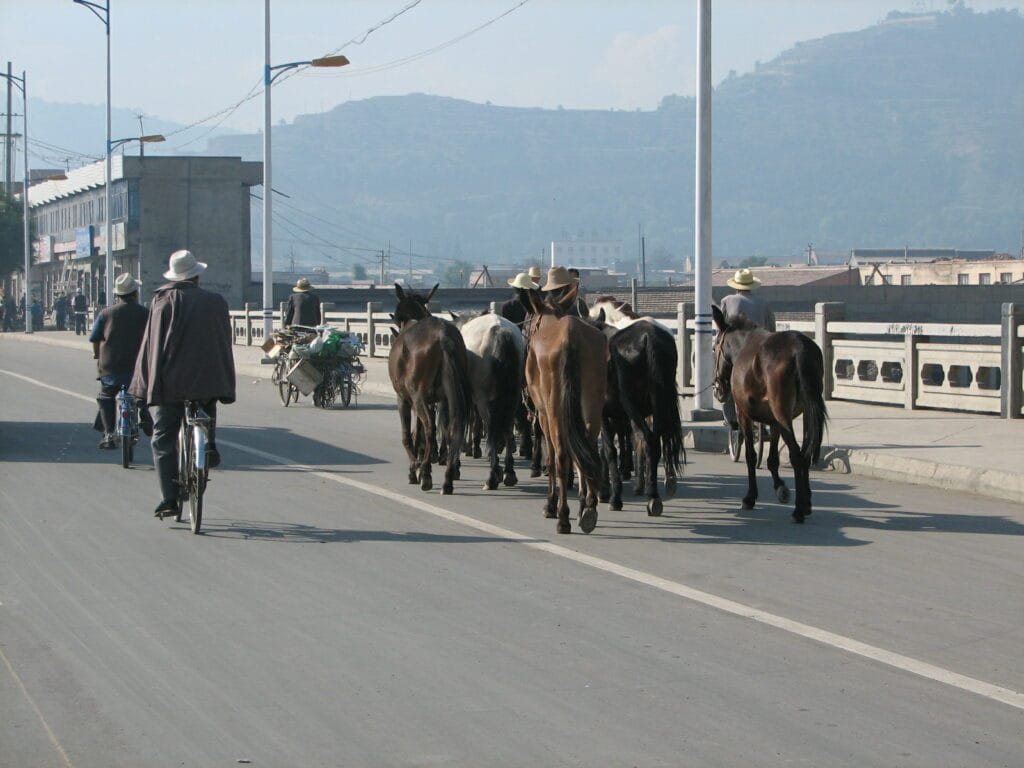
Away back at the beginning of the human race there is a record of God requiring from a man an account of his brother, whose blood cried to Him from the ground. It is a striking fact that the first man to disclaim responsibility for his brother was a murderer (Gen. 4:8-10). “Am I my brother’s keeper?” is the question of one who is contemptuous both of the dignity of human life and the value of a human soul. We are responsible for our brother.
Our Lord confirmed the teaching of the Old Testament by declaring that blood-guiltiness lay upon Israel. “Wherefore, behold, I send unto you prophets…that upon you may come all the righteous blood shed upon the earth, from the blood of righteous Abel unto the blood of Zacharias…whom ye slew between the temple and the altar” (Matt. 23:34, 35).
Our Lord in the Great Commission has defined the area of our responsibility. “Go ye therefore, and teach all nations” (Matt. 28:19). “Go ye into all the world, and preach the gospel to every creature” (Mark 16:15). “Ye shall be witnesses unto me… unto the uttermost part of the earth” (Acts 1:8). It has been cogently stated that, even if we were academically uncertain about the probable fate of the millions who have never heard of Christ, the parable of the Lost Sheep lays down the principle that if we are convinced of the fate of even one per cent of mankind, we are under obligation to go, even at utmost peril and cost to ourselves, to seek, that He may save.
We should earnestly ponder the solemn implications of such Scripture passages as:
“If thou forbear to deliver them that are drawn unto death, and those that are ready to be slain; if thou sayest, Behold, we knew it not; doth not he that pondereth the heart consider it?…and shall not he render to every man according to his works?” (Prov. 24:11, 12). “When I say unto the wicked, O wicked man, thou shalt surely die; if thou dost not speak to warn the wicked from his way, that wicked man shall die in his iniquity; but his blood will I require at thine hand” (Ezek. 33:8).








